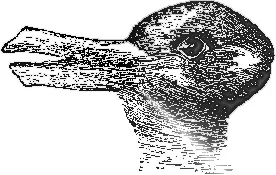Charleston: Wisdom
“I think spiritual wisdom is not the measure of how much we know, but how much we have learned. Knowledge can become static, a museum of dogmas, a warehouse of opinions. We discover wisdom over and over again when what we think we know meets what we have never encountered before.” Steven Charleston Daily Facebook Page
There is a chasm between intellect and wisdom. My husband, Robert, a prolific reader of history, shared with me a story by the journalist, David Halberstam. Halberstam, the author of the 1972 book, The Best and the Brightest, about the origins of the Vietnam War, detailed in his book Lyndon’s Johnson first visits to JFK’s cabinet meetings with among others, the brilliant McNamara and Kennedy’s advisor, Ted Sorensen. Others assembled were also the brightest minds in the country. Johnson went back to his old friend, Sam Rayburn, the longest running Speaker of the House in our country, just overcome with a feeling of awe and perhaps inadequacy. Rayburn reminded Johnson that there is a difference between wisdom and knowledge or intellect. Rayburn is quoted as saying, “They may be just as intelligent as you say. But I’d feel a helluva lot better if just one of them had ever run for sheriff.”
Knowledge or intellect is learning, investigating, researching, and studying facts and data. Wisdom is knowledge with experience, discerning which facts are true, how the knowledge can best be applied to your life.
Knowledge is knowing where babies come from. Wisdom is knowing how to care for them. Knowledge is doing the distance between here and New York City. Wisdom is knowing what to pack for the trip.
We belong to the information age. There is no lack of information and data. All of us on this spiritual journey are gathering information about a multitude of spiritual tools, spiritual knowledge, to use to guide and help ourselves and others.
Wisdom will be digesting what we learn, taking it inside, and seeing what is truly the right meal for us as well as for those who come for spiritual direction at different times in our lives and theirs. A major tool in discerning wisdom is listening with the heart to the spiritual friends who visit with us and listening actively to hear how our experience and the present world and nature around us intersects with our lives and theirs.
Joanna joannaseibert.com


